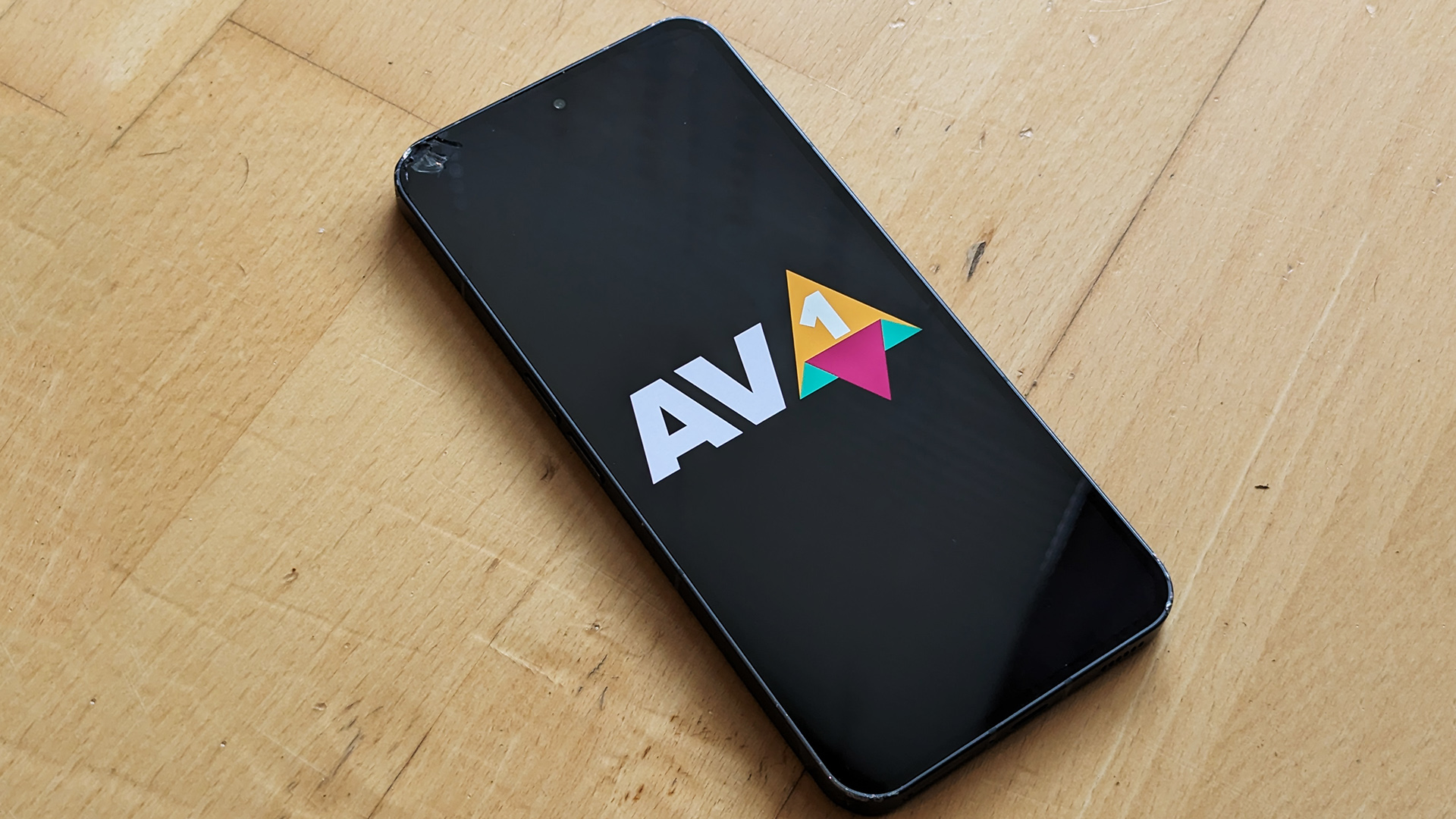Google, Meta, and others think they've found the key to smoother mobile video streaming - but all isn't quite what it seems
AV1 cuts data use yet still struggles with broad device compatibility

Sign up for breaking news, reviews, opinion, top tech deals, and more.
You are now subscribed
Your newsletter sign-up was successful
- Complex modelling is required to judge if devices can handle AV1
- Software decoding drains batteries while hardware support remains limited to high-end phones
- Encoding AV1 at scale adds major energy demands to data centers
The world’s largest platforms are rallying around a new video codec, betting that it will make watching clips and streams on phones smoother and less data-hungry.
Google, Meta, YouTube, and Vodafone have all put their weight behind AV1, a technology they claim can compress video streams by about 30% compared with older codecs.
The white paper the companies co-authored sets out a vision of more efficient mobile networks and happier viewers - yet beneath the technical promises, the rollout looks far from straightforward.
A new codec with big ambitions
AV1 is not new; it was first published in 2018 by the Alliance for Open Media, but it has gathered momentum only recently.
Companies say it can deliver the same quality at lower bitrates or higher quality at the same bitrate, a combination that looks appealing as video now makes up around 70% to 80% of mobile data traffic.
For operators facing mounting demand, the appeal is clear. Fewer bits mean less congestion, which in theory allows smoother playback for customers and savings on infrastructure upgrades.
For viewers, the catch is that decoding AV1 smoothly often requires dedicated hardware support, something mostly confined to high-end smartphones today.
Sign up to the TechRadar Pro newsletter to get all the top news, opinion, features and guidance your business needs to succeed!
While devices such as the iPhone 15 Pro, recent Pixel phones, and flagship Samsung models support AV1 in hardware, mid- and low-tier handsets often do not.
Software decoders like the open-source dav1d can fill the gap, but they come with compromises: higher battery drain, heavier CPU use, and no support for full digital rights management on premium video.
Even the companies backing AV1 admit that the best experience still depends on widespread hardware support, which may take years to reach budget devices.
Another wrinkle is that ensuring good playback on lower-cost devices often requires complex modeling by content providers.
Platforms must decide whether a given phone can handle AV1 at a certain resolution without stuttering or overheating, adding layers of engineering effort.
Some chipmakers have begun providing optimized software decoders tuned for their systems, but consistency remains a problem.
Without a universal benchmark, performance is unpredictable, making the technology harder to deploy smoothly at scale.
The benefits of AV1 are real in theory: smaller files, better quality, and less strain on mobile networks.
If adoption accelerates, these top platforms will achieve vast reductions in European traffic, measured in hundreds of petabytes a year.
Yet the details matter. Encoding AV1 at scale consumes large amounts of data center energy, which shifts the efficiency burden upstream.
In the end, AV1 may well become the dominant standard, especially as its successor AV2 looms on the horizon.
For now, although the ambition is clear, the gap between plans and execution means mobile viewers might not feel the promised benefits for quite some time.
You might also like
- These are the best NAS devices around
- We've also rounded up the best cloud storage platforms on offer
- This tiny super-fast portable SSD supports a staggering 240W charging for your MacBook Pro

Efosa has been writing about technology for over 7 years, initially driven by curiosity but now fueled by a strong passion for the field. He holds both a Master's and a PhD in sciences, which provided him with a solid foundation in analytical thinking.
You must confirm your public display name before commenting
Please logout and then login again, you will then be prompted to enter your display name.